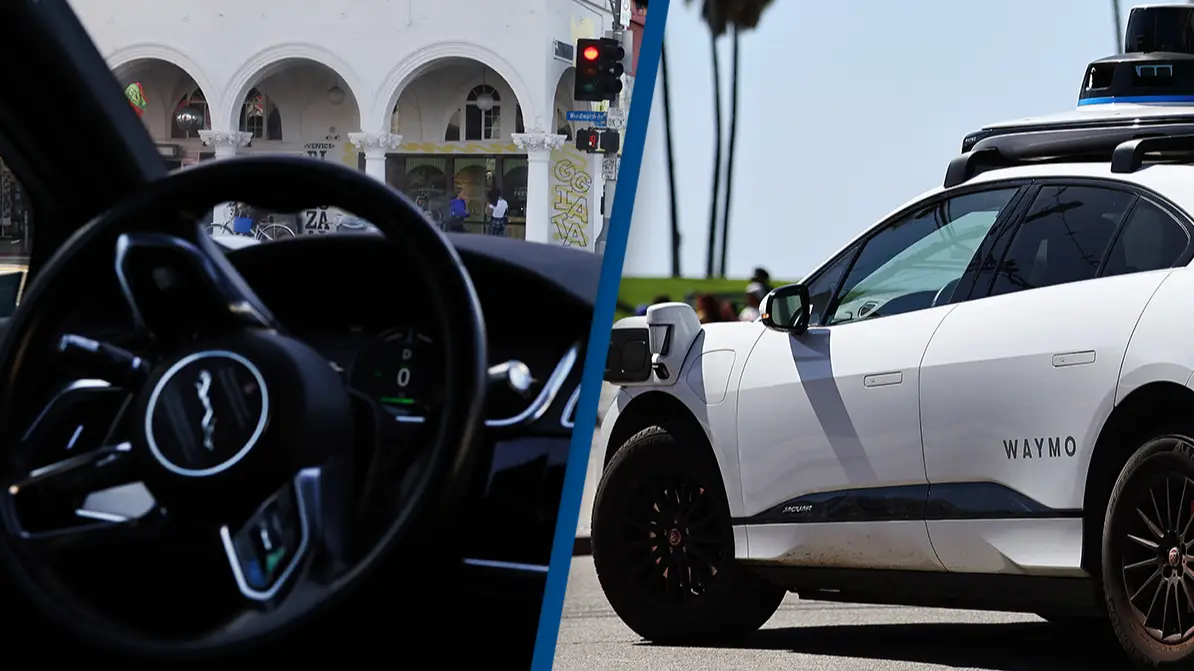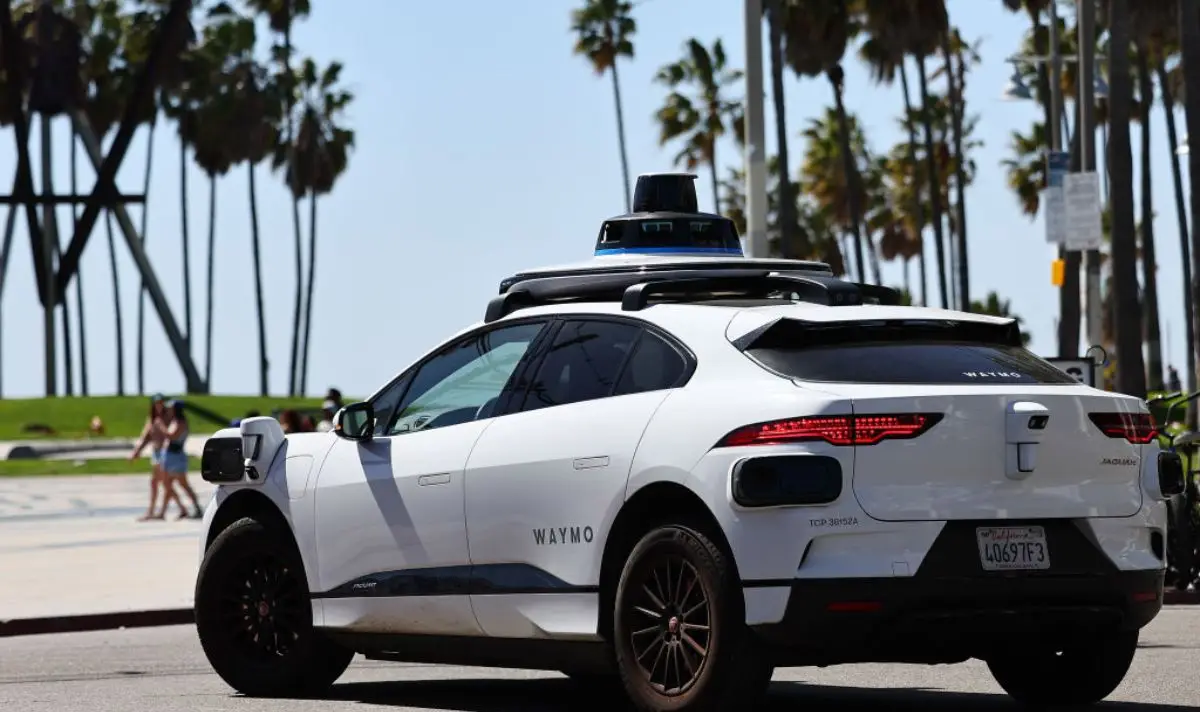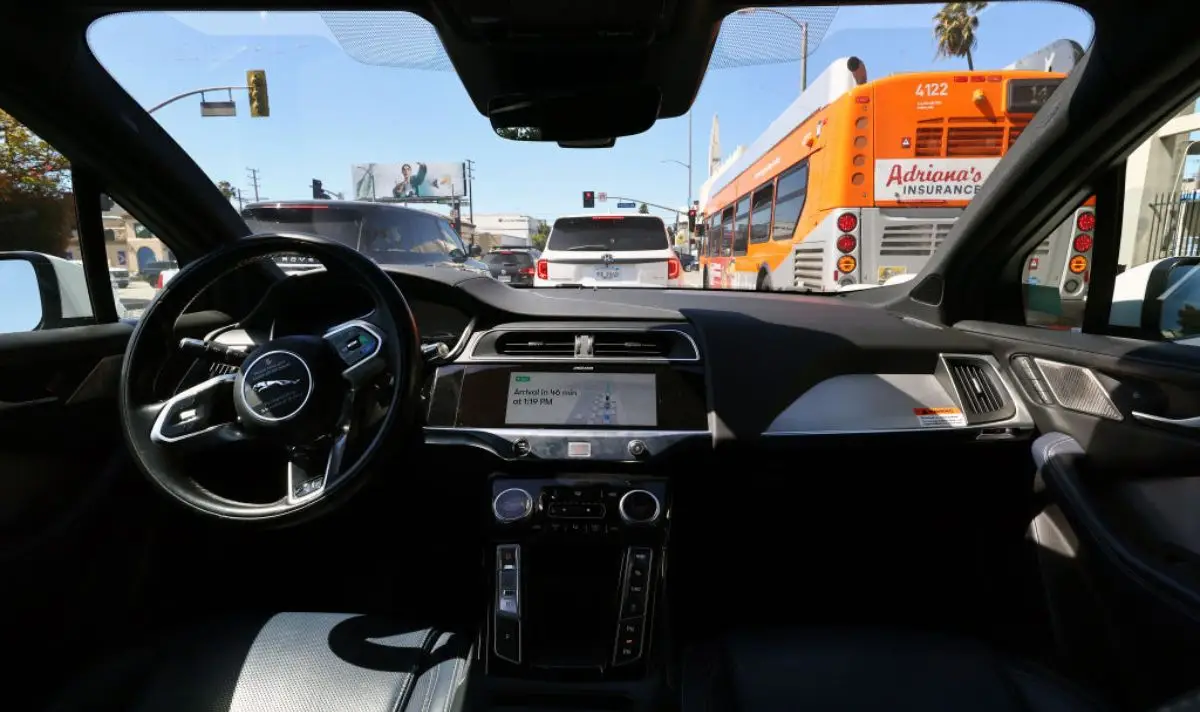
Self-driving cars are thought to be safer than those traditionally manned by humans except in three prominent circumstances, a new study has revealed.
More and more cities across the world are adopting autonomous cars, including Shenzhen and Wuhan in China, Stockholm in Sweden and Hwaseong in South Korea.
Meanwhile, across the US, Waymo - formerly the Google self-driving car project - has been operating commercial robotaxi services in Los Angeles and San Francisco, with operations expanding to Austin, Texas.
The benefits of utilizing these automobiles reportedly include greater independence for elderly people, the chance of investment and the creation of new jobs, as well as filling the gaps where public transit can’t. And according to research conducted by the University of Central Florida, another benefit is that they are considered safer than cars driven by actual humans - except in three circumstances.
Advert
What has research said about self-driving cars?
Researchers Mohamed Abdel-Aty and Shengxuan Ding have reportedly discovered that self-driving vehicles have been involved in fewer road accidents compared to those manned by people.
The pair pulled together data from California and the National Highway Traffic Safety Administration (NHTSA) and came up with the results by analyzing and comparing accident data from 2016 to 2022.
After looking at 2,100 reports involving autonomous vehicles and 35,133 human-driven vehicles, they used a statistical matching method to find accidents akin to one another. These factors included road conditions, weather and time of day, according to New Scientist.
Overall, the study found that self-driving vehicles were safer than those piloted by humans due to it being less likely for them to be involved in a road accident.
The results further suggested that the cars ‘generally demonstrate better safety in most scenarios’. It was also found they were safer when hit from behind or from the side.

When are self-driving cars not safer than those driven by humans?
While the research is mainly in favor of self-driving cars, the study leads discovered that they didn’t excel in three circumstances.
The first was when they were operating at both dawn and dusk.
Analysis found self-driving cars had a crash risk ‘five times as great as human drivers when operating at dawn and dusk’.
The third instance that these vehicles were behind was when making turns, with research claiming autonomous cars had double the accident rate of human drivers while making turns

What do experts say about the study results?
Abdel-Aty claimed that results could be slightly unreliable due to the ‘autonomous vehicle accident database is still small and limited’.
Missy Cummings of George Mason University has since warned of ‘biased reporting’ from self-driving car companies while stating the research serves as ‘an interesting but extremely preliminary step towards measuring autonomous vehicle safety’.
Overall, it appears more accident data is needed to truly confirm that self-driving cars are safer than those manned by humans—but this research appears to be a step in the right direction.
Topics: Cars, Science, World News, Technology
